For many of us (particularly if you were fortunate enough to be born in the 70s or 80s), America was introduced to us at a tender, impressionable age thanks to Hollywood’s far-reaching and never-ending power.
For Hadley Freeman, American movies of the 1980s taught her everything she needed to know: comedy in Three Men and a Baby, Hannah and Her Sisters, Ghostbusters, Back to the Future and Trading Places; all a teenager needs to know – in Pretty in Pink, Ferris Bueller’s Day Off, Say Anything, The Breakfast Club and Mystic Pizza; the ultimate in action – Top Gun, Die Hard, Young Sherlock Holmes, Beverly Hills Cop and Indiana Jones and the Temple of Doom; love and sex – in 9 ½ Weeks, Splash, About Last Night, The Big Chill, Bull Durham; and family fun – in The Little Mermaid, ET, Big, Parenthood and Lean On Me.
Born in the late 1970s, Hadley grew up on a well-rounded diet of these movies, her entire view of the world, adult relations and expectations of what her life might hold was forged by these cult classics. But just how revealing are American movies about America? Over to you, Hadley…
‘All disaster films set in New York now look like responses to 9/11, even if they were made years before (I find 1996’s Independence Day almost unwatchable now for that reason, not that I try to watch it too often). But it is pretty obvious that the wild rise of superhero films in Hollywood since the beginning of the twenty-first century is as much a response to 9/11 as it is to the growing importance of international audiences. Superhero films provide escapism, and they also create a self-validating narrative for an America that feels under attack by an enemy it doesn’t understand.
People have been writing about how superheroes reflect American self-identity pretty much since the day after Superman first appeared in 1938. Whole Ph.D.s are written on this subject today, with titles such as ‘Rethinking the American Man: Clark Kent, Superman and Consumer Masculinity’ and ‘Nationalism and Power: Captain America, Governmental Policy and the Problem of American Nationalism’. You can easily widen this argument out to movie heroes in general: from the 1920s to the 1960s, American film heroes were masculine, dominant, even swashbuckling, reflecting America’s self-pride after the two World Wars. This attitude crumbled during the Vietnam War, and so enter stage left – the flawed hero! This pretty much started with Arthur Penn’s 1967 film, Bonnie and Clyde, and today, in the twenty-first century, even the superheroes are riddled with self-doubt and inner conflict. You don’t need to have written an essay with a colon-laden title about Clark Kent and heteronormative masculinity to see the glut of superhero movies post 9/11, featuring tortured superheroes who are tasked with saving the world but are often misunderstood by the dull-witted masses as destructive vigilantes, as a reflection of how America sees its position in the world today.
When Alfred (Michael Caine), the loyal voice of caution, asks Bruce Wayne in Batman Begins whether he needs to cause quite so much destruction while trying to save Gotham, Bruce smirks, ‘Damn good television . . . Didn’t have time to observe the rules of the road, Alfred.’ The year this film came out, 2005, was also the year when US public opinion about President Bush really began to tank. Nearly half of Americans in 2005, according to a survey by Pew Research, believed the war in Iraq ultimately caused more damage than good. Did we need to cause so much destruction? Bush scoffed at this, saying in a speech on 7 October that such concerns were ridiculous because he was dealing with a terrorist movement that wanted to ‘intimidate the whole world’. Who has time to observe the rules of the road when dealing with ‘the enemy’? Certainly America’s right-wing media had been echoing this sentiment for years. David Brooks wrote approvingly in 2001: ‘We will destroy innocent villages by accident, shrug our shoulders, and continue fighting.’
The parallels between Batman and Bush post 9/11 are even more obvious with The Dark Knight: there’s the bad guy who sends his minions out on suicide missions and blows up random buildings just to prove he can; a villain who is so unlike any others that the good guys need to break their own rules to get him, such as Batman’s use of sonar to tap civilians’ cell phones to fight crime (v Patriot Act, that); the fact that most people wrongly see Bruce Wayne as a screw-up blessed with a wealthy daddy, and Batman as a terrorist. Indeed, even the previously road safety-aware Alfred has come round to Bush’s razed-earth point of view in this film, and he counsels Bruce that the way to destroy a villain who ‘just wants to watch the world burn’ is to ‘burn the forest down’. In an article in the Wall Street Journal entitled ‘What Batman and Bush Have in Common’, Andrew Klavan describes The Dark Knight as ‘a conservative movie about the war on terror, making a fortune depicting the values and necessities that the Bush administration cannot seem to articulate for beans’. The Washington Independent went further, suggesting that The Dark Knight was, in fact, a specific endorsement of Dick Cheney, particularly in regard to its attitudes towards security, justified law-breaking and references to ‘the dark side’ (a favourite Cheney coinage).
At the end of the film, Batman tells the police commissioner that their acts must be hidden in a massive cover-up because the general public can’t deal with the truth. The Bush administration also hid plenty of things from the American public, from the cost of the war to the use of torture. It was only in 1992’s A Few Good Men Colonel Jessup’s (Jack Nicholson) claim that people ‘can’t handle the truth!’ was taken as proof of his dangerous megalomania; in The Dark Knight hiding the truth is seen as part of Batman’s wise and self-sacrificing nature. As one journalist wrote in Mother Jones, ‘[The Dark Knight says] we need dark knights to do the dirty work to keep us safe while we can sit back and self-righteously dismiss them as going too far . . . This film seems to laud rule-exempt leaders as the only effective weapons against our evil enemies, a message I thought Americans had finally decided to reject.’
Unsurprisingly, the film’s cast tried to distance themselves from such political readings of the film. Aaron Eckhart, who plays district attorney Harvey Dent, insisted ‘certainly that wasn’t the intention’ and that it ‘is simply good drama for good movies’. But he admitted, ‘I agree [with the analogy] in a way. Of course [it has analogies]. When I read The Dark Knight for the first time, I saw a lot of political issues. You know, obviously today’s culture seeped in. It’s a mirror of our times.’
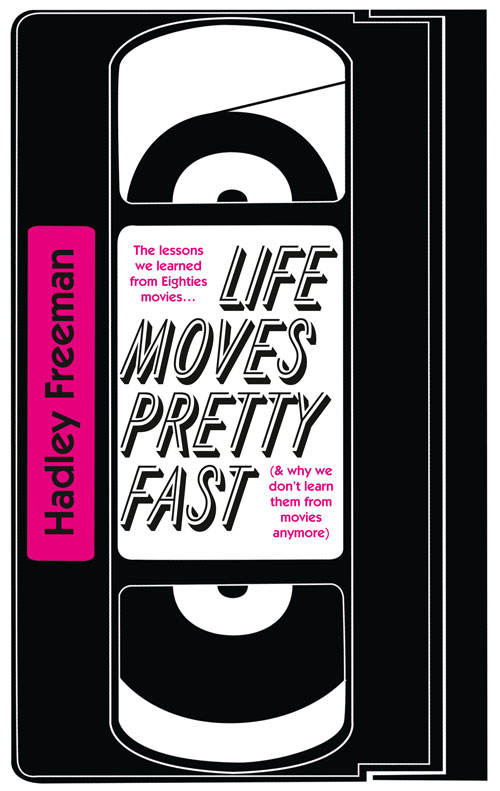 This is an extract from Life Moves Pretty Fast: The lessons we learned from eighties movies (and why we don’t learn them from movies any more)
This is an extract from Life Moves Pretty Fast: The lessons we learned from eighties movies (and why we don’t learn them from movies any more)
© Hadley Freeman 2015
Introduction by Kate Tolley
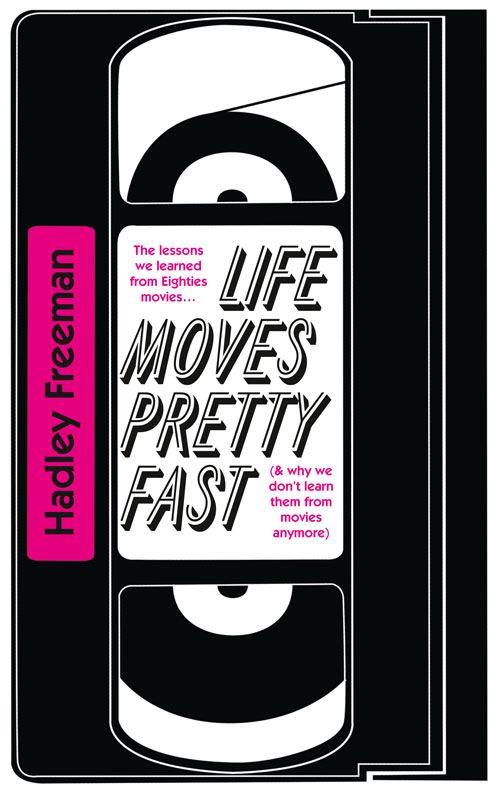
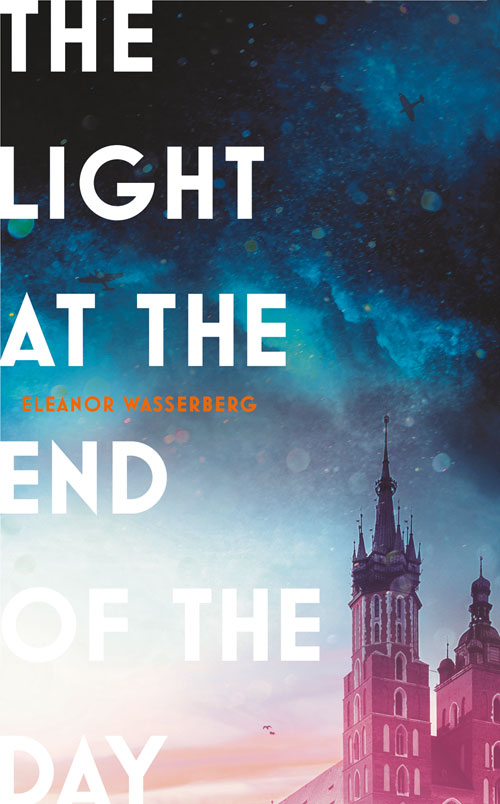
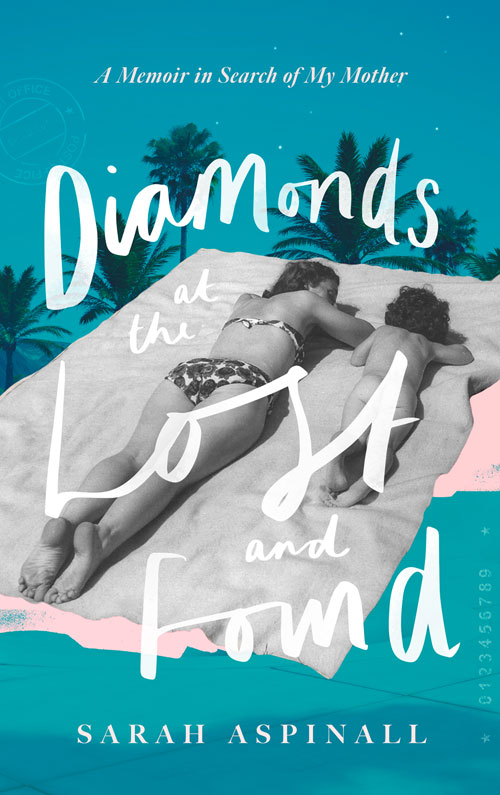
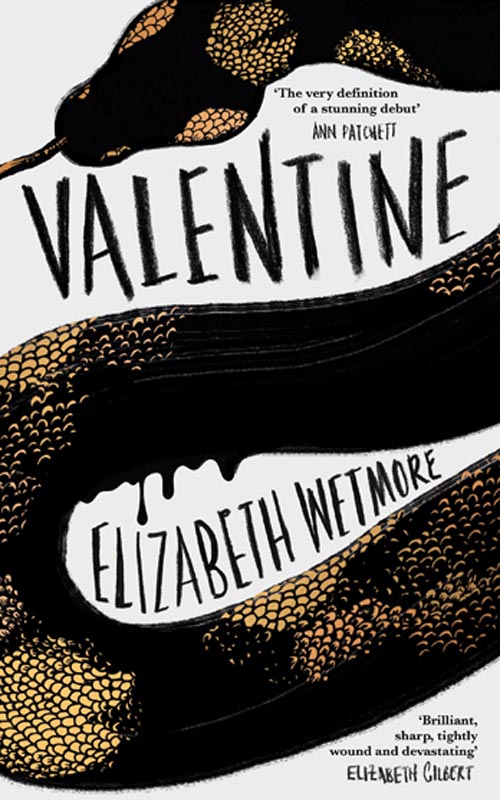
4thestatebooks